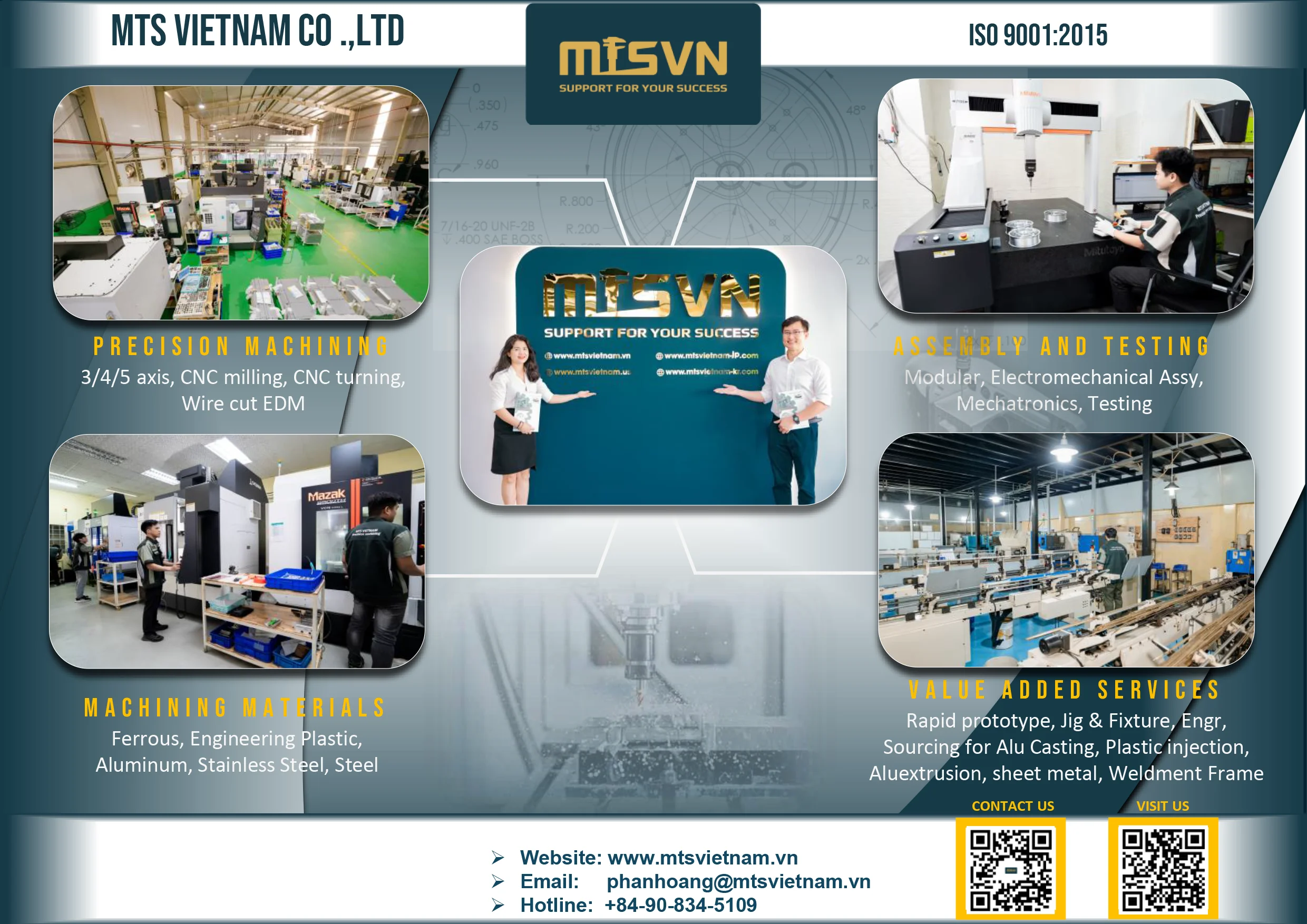In the realm of precision mechanics, assembly techniques are fundamental to ensuring the quality, functionality, and reliability of the final product. These techniques, which range from manual assembly methods to advanced automated processes, are meticulously designed to handle components with high precision and accuracy. Let's explore some of the key assembly techniques utilized in precision mechanics and their applications in various industries.
Manual Assembly
Manual assembly involves the direct handling and assembly of components by skilled technicians. This method is often used for high-precision instruments where the tactile feedback and expertise of a human operator are crucial. Manual assembly is common in the production of medical devices, aerospace components, and other applications where custom or low-volume production is required.
Automated Assembly
Automated assembly techniques utilize robotics and specialized machinery to assemble components with minimal human intervention. These methods are favored for their efficiency, repeatability, and ability to operate continuously over extended periods. Automated assembly is widely used in the automotive, electronics, and consumer goods industries.
Adhesive Bonding
Adhesive bonding is a technique used to join components together using adhesives. This method is particularly useful for materials that are difficult to weld or solder, or when a seamless bond is required. Adhesive bonding is employed in various sectors, including automotive, aerospace, and electronics, for its strength and versatility.
Ultrasonic Welding
Ultrasonic welding uses high-frequency ultrasonic acoustic vibrations to create solid-state welds between two pieces. This technique is ideal for joining plastic components without the need for adhesives, screws, or heat. Ultrasonic welding is commonly used in the manufacturing of consumer electronics, medical devices, and automotive components.
Laser Welding
Laser welding offers a high-precision method for joining metal parts. It utilizes a laser beam to melt the metal at the weld joint, resulting in a strong, precise bond. This technique is valued in the aerospace, automotive, and medical device industries for its accuracy and ability to join complex shapes and delicate materials.
Screw Fastening
Screw fastening is a traditional assembly technique that involves the use of screws to join components together. While simple, screw fastening provides a reliable and reversible method for assembly, making it suitable for a wide range of applications across various industries.
Press-Fitting
Press-fitting, or interference fitting, involves the insertion of one part into another with a tight fit that creates frictional resistance. This method is used to assemble components without the need for additional fasteners or adhesives. Press-fitting is commonly applied in the assembly of automotive transmissions, bearings, and electronic devices.
The Future of Assembly Techniques
The future of assembly techniques in precision mechanics is closely tied to advancements in technology, particularly in the areas of robotics, material science, and additive manufacturing. These advancements promise to introduce new methods for assembling components with even greater precision, efficiency, and flexibility, further pushing the boundaries of what is possible in manufacturing.
Conclusion
Assembly techniques in precision mechanics are diverse, each with its own set of advantages and applications. Whether through manual expertise or advanced automation, these techniques are crucial for constructing high-quality, reliable products across a broad spectrum of industries. As technology continues to evolve, so too will the methods by which components are assembled, driving innovation and excellence in precision mechanics.
MTS Vietnam is a prominent company specializing in precision mechanical components fabrication. Established in 2017, it has quickly become a reputable name in the Vietnamese and Southeast Asian markets. The company's expertise lies in CNC milling and turning parts made from a variety of materials, including Aluminum, Steel, Stainless, POM, and other engineering plastics. MTS Vietnam is dedicated to supporting the success of its customers and strives to be a leading company in the field of precision mechanical processing both in Vietnam and internationally.
In addition to its fabrication services, MTS Vietnam offers assembly services for components and machines, as well as CNC program services. This comprehensive range of services is aimed at providing optimal solutions and benefits to its customers through the company's ecosystem and strengths. MTS Vietnam emphasizes the importance of investing in new technology and quality control equipment to ensure that it can deliver merchandise at competitive prices and within the required deadlines.
WORKSHOP: 248/10 ĐT743A Street, Binh Thung 1 Quarter, Dong Hoa Ward, Ho Chi Minh City, Vietnam
Tel/zalo/viber: 0908.345.109
Email: phanhoang@mtsvietnam.vn | info@mtsvietnam.vn
Website: www.mtsvietnam.vn (Global Market) | www.mtsvietnam-jp.com (日本)
For USA Sales, please contact MTS USA at:
Tel/zalo/viber: 978-777-1716
Email: sales@mts-usasales.com
Website: www.mtsvietnam.us (US Market)







